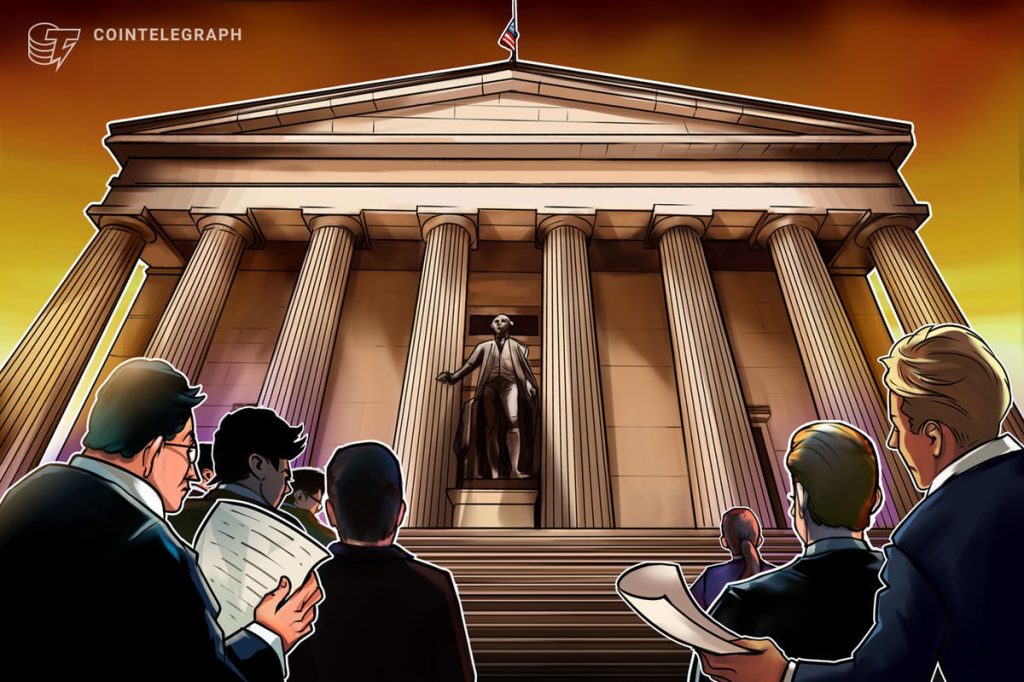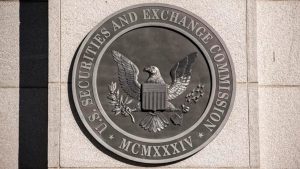U.S. authorities preparing ‘material action’ to curb SVB contagion

United States authorities are working on “material action” over the weekend in an attempt to limit the ripple effect across the country’s banking system after the Silicon Valley Bank abruptly collapsed on March 10.
According to a Reuters report citing unnamed sources, officials in the Joe Biden administration assessed the impact of the bank failure over the weekend with a keen attention to venture capital firms and regional banks.
“This will be a material action, not just words,” a source told Reuters.
During a speech on March 6, the Federal Deposit Insurance Corporation (FDIC) chairman Martin Gruenberg spoke about the risks related to raising interest rates in the United States. “The current interest rate environment has had dramatic effects on the profitability and risk profile of banks’ funding and investment strategies,” he noted before adding that:
“The total of these unrealized losses, including securities that are available for sale or held to maturity, was about $620 billion at year end 2022. Unrealized losses on securities have meaningfully reduced the reported equity capital of the banking industry.”
According to Gruenberg, the “good news” about the billions of unrealized losses is that “banks are generally in a strong financial condition.”
“On the other hand, unrealized losses weaken a bank’s future ability to meet unexpected liquidity needs. That is because the securities will generate less cash when sold than was originally anticipated, and because the sale often causes a reduction of regulatory capital”
Silicon Valley Bank (SVB) may affect regional banks across the United States, putting trillions of dollars at risk of a bank run, Cointelegraph previously reported. The U.S. Treasury Secretary Janet Yellen is working with regulators to address Silicon Valley Bank’s collapse and protect investors, but not considering a major bailout.
According to Yellen, regulators are “very aware of the problems that depositors will have, many of them are small businesses that employ people across the country. And of course, this is a significant concern, and working with regulators to try to address these concerns.”
A report from Bloomberg claims that the FDIC began auctioning the bank on March 11 night. According to reports, bids are open only for a few hours, before the process closes later this Sunday.















